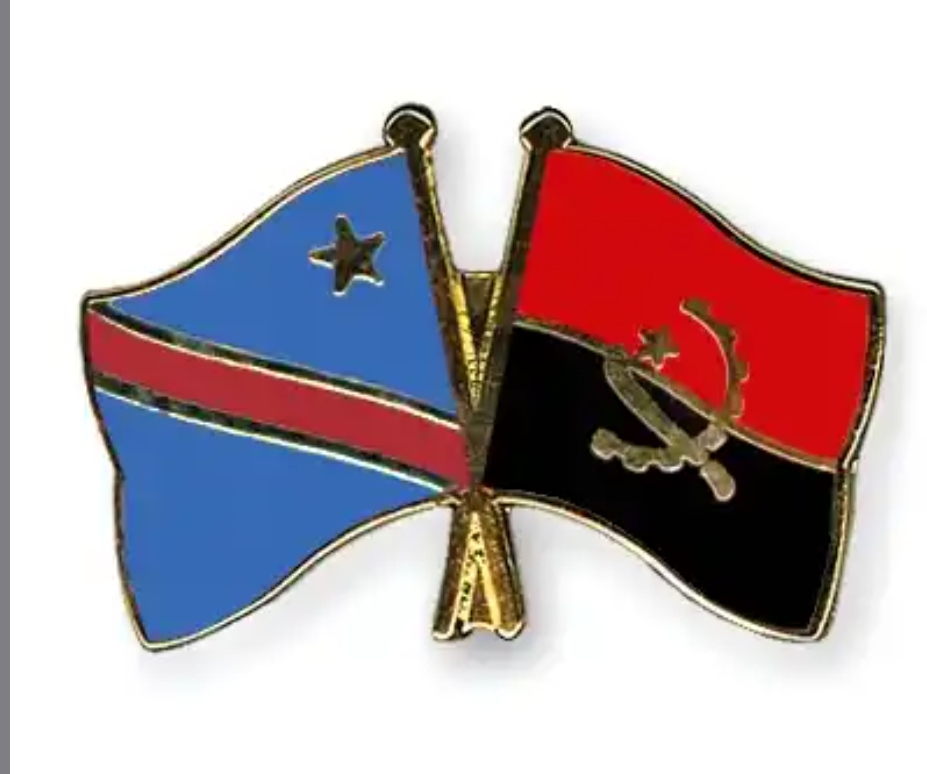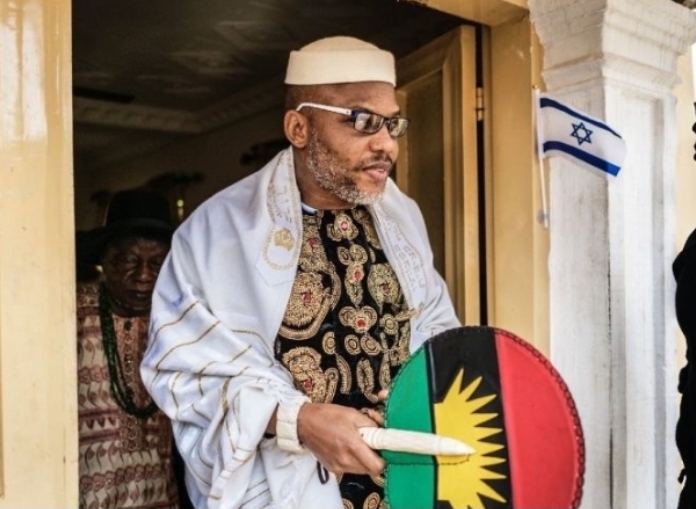Angola and the Democratic Republic of Congo (DRC) are set to make history with the signing of an agreement for the development of Block 14, marking a major milestone in their collaboration and unlocking significant opportunities for the region.
Insights From Second Annual Meeting Of Africa Sovereign Investors Forum
Angola and the Democratic Republic of Congo (DRC) are on the verge of signing a historic agreement that will shape the future of oil and gas exploration in the region. The signing ceremony, scheduled for Thursday, July 13 in Kinshasa, signifies a major milestone in the partnership between these two African nations and carries immense significance for their economies.
A New Chapter: Ownership And Partnership
In a significant move, the agreement will establish the ownership structure of Block 14, with Angola and the DRC each holding a 30% stake, while Chevron, the global energy major and block operator, will retain a 40% stake.
This decision brings an end to protracted negotiations between the countries and demonstrates the commitment of Minister Diamantino Pedro Azevedo and Minister Didier Budimbu Ntubuanga to advancing regional collaboration in the oil and gas sector.
Angola’s Advantages: Experience, Resources, And Growth
Angola, with its vast oil reserves of 9 billion barrels and a daily production exceeding 1.08 million barrels, stands out as a leading African oil powerhouse.
The country’s remarkable success in utilizing its own resources to drive economic growth positions it as an ideal partner for emerging oil producers like the DRC.
By leveraging its position and experience, Angola aims to foster regional basin development and promote cooperation within the African energy industry. Sharing knowledge and expertise with the DRC not only strengthens bilateral relations but also contributes to the overall growth and stability of the region.
DRC’s Breakthrough: New Supplies And Joint Development
For the DRC, the agreement signifies a breakthrough in its pursuit of new oil supplies and joint development opportunities.
With up to five billion barrels of reserves, the country has long sought to tap into its vast natural resources, particularly its untapped oil deposits.
The partnership with Angola opens doors for cooperation and information exchange, allowing the DRC to capitalize on Angola’s expertise as a prominent oil producer. This collaboration encompasses technology transfer, exploration and production practices, refining techniques, and efficient management of oil resources.
Angola’s valuable insights and lessons learned can greatly enhance the DRC’s oil sector, optimize operations, and maximize the economic potential of its petroleum resources.
A Testament To Leadership And Dedication
The signing of this monumental deal is a testament to the exceptional leadership and dedication of both governments and their respective teams.
The negotiation process, spanning an impressive two-decade period, required combined efforts to overcome various challenges and prevent further project delays. The significance of this achievement cannot be understated, as it not only unlocks extensive exploration activities in the DRC but also acts as a catalyst for promoting regional collaborations and cross-border initiatives among neighboring countries.
Embracing A New Era Of Exploration And Cooperation
The African Energy Chamber commends the unwavering commitment and collaborative spirit demonstrated by both governments and their dedicated teams. Their determination and tireless efforts have paved the way for a new era of exploration and regional cooperation in the DRC and beyond. This groundbreaking agreement sets the stage for enhanced economic development, technological advancements, and mutual growth within the oil and gas sector. The future looks promising as Angola and the DRC embark on this transformative journey together.
Angola and the DRC are poised to make history with the signing of a landmark oil and gas agreement. The partnership between these two nations holds immense potential for economic growth, regional stability, and technological advancement. As the agreement becomes a reality, the African continent eagerly awaits the positive impact it will have on the oil and gas industry, paving the way for a prosperous and interconnected future.










